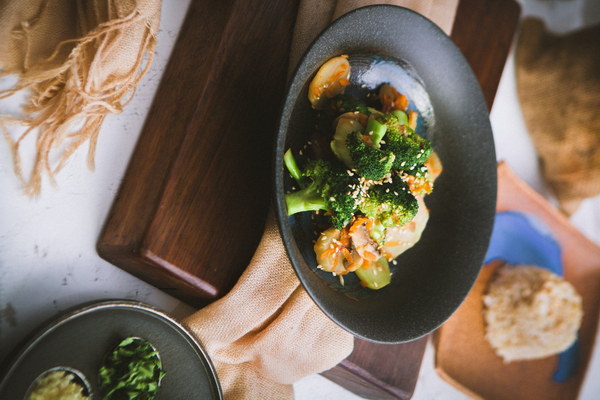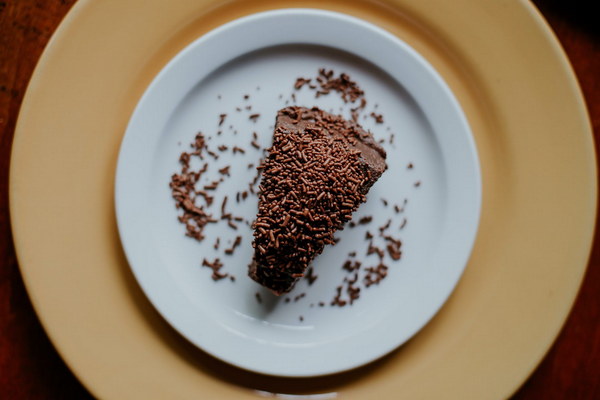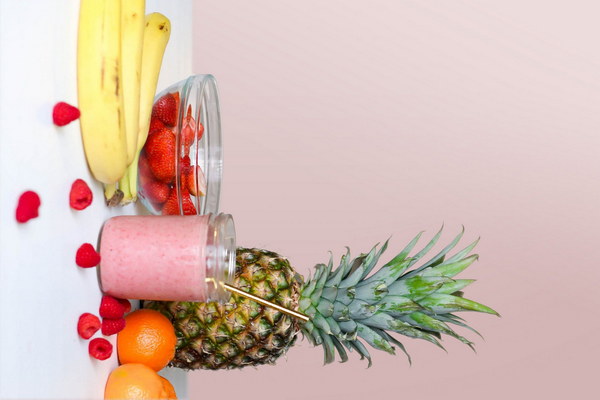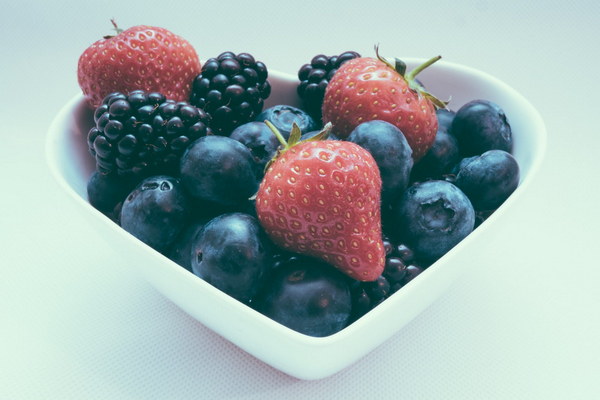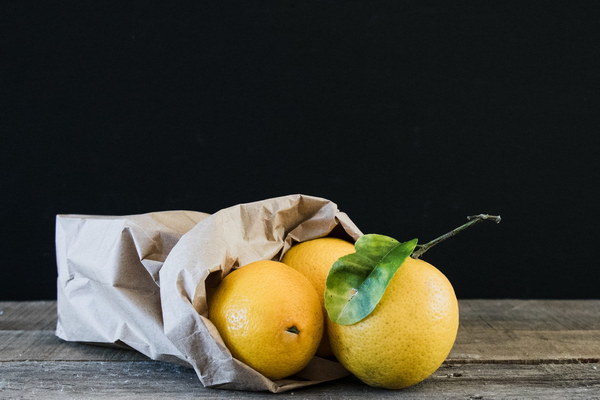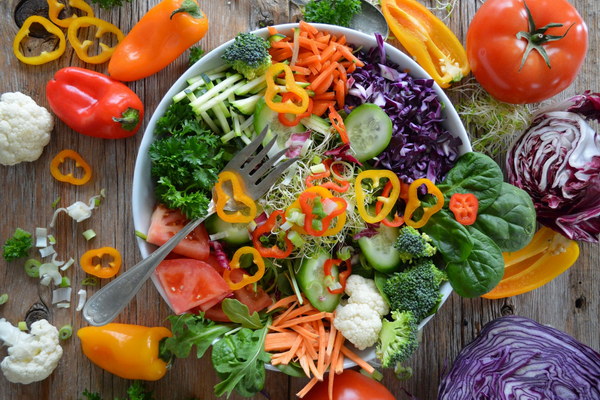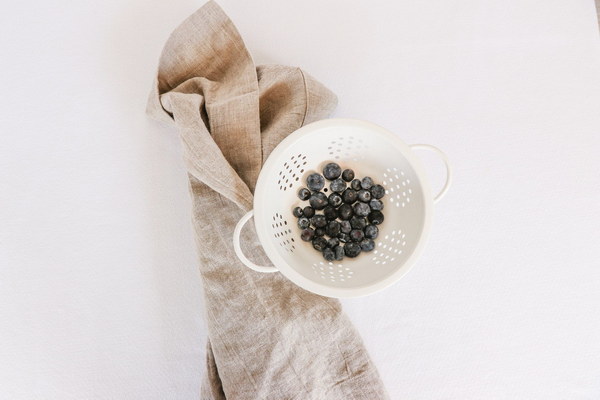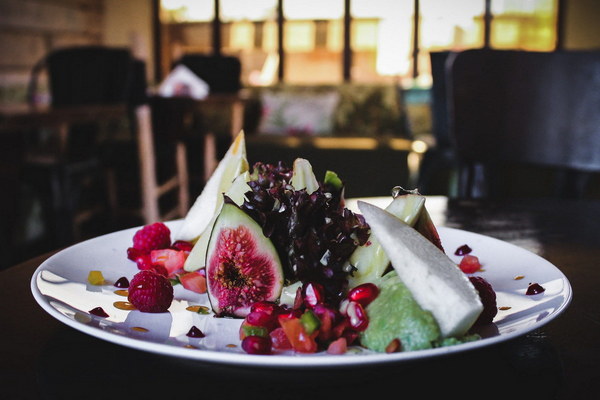Nourishing Your Way to Balance A Guide to Taming Excess Internal Heat Through Diet
Introduction:
In the realm of traditional Chinese medicine, internal heat, also known as rexia or internal fire, is a common imbalance that can manifest in various ways. Symptoms may include irritability, sleep disturbances, dry skin, and constipation, among others. To address this issue, it's essential to adopt a diet that not only satisfies your nutritional needs but also helps to cool down your body's internal temperature. This article will provide you with a comprehensive guide to nourishing your body and alleviating excess internal heat through diet.
Understanding Internal Heat:
Before diving into the specifics of what to eat and avoid, it's important to understand the concept of internal heat. In traditional Chinese medicine, internal heat is often attributed to factors such as stress, poor diet, and lack of sleep. When the body's internal balance is disrupted, it can lead to an overproduction of heat, which can then manifest as the aforementioned symptoms.
Foods to Include:
1. Cooling Foods:
- Leafy Greens: Vegetables like spinach, kale, and Swiss chard are rich in vitamins and minerals and have a cooling effect on the body.
- Melons: Watermelons, cantaloupes, and honeydews are hydrating and can help lower body temperature.
- Berries: Blueberries, strawberries, and raspberries are not only delicious but also have cooling properties.
- Root Vegetables: Carrots, beets, and sweet potatoes are high in fiber and vitamins, making them excellent choices for a cooling diet.
2. Nourishing Liquids:
- Green Tea: A natural diuretic, green tea can help reduce inflammation and cool the body.
- Coconut Water: Rich in electrolytes and potassium, coconut water can help replenish fluids and cool down the body.
- Aloe Vera Juice: Known for its cooling properties, aloe vera juice can help soothe the digestive tract and reduce internal heat.
3. Herbs and Spices:
- Peppermint: This herb has a cooling effect on the body and can be added to teas, smoothies, or salads.
- Ginger: While ginger is warming in small amounts, it can help cool the body when consumed in larger quantities.
- Cinnamon: Cinnamon has a cooling effect on the body and can be used to flavor foods and drinks.
Foods to Avoid:
1. Spicy Foods:
- Spicy foods can exacerbate internal heat and should be avoided when dealing with excess heat.
2. Hot Beverages:
- Hot beverages like coffee and tea can contribute to internal heat and should be consumed in moderation or avoided altogether.
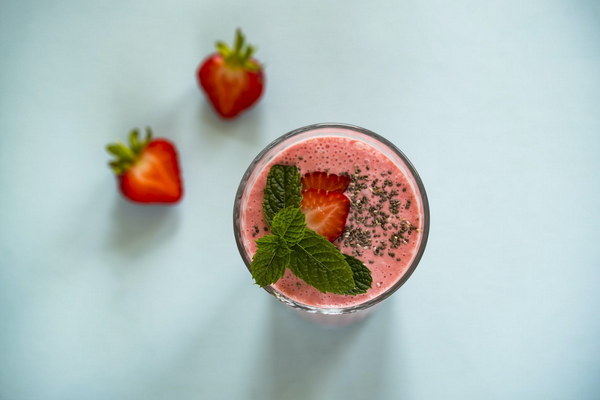
3. Processed Foods:
- Processed foods are often high in unhealthy fats and sugars, which can contribute to internal heat.
4. Alcohol and Caffeine:
- Both alcohol and caffeine can dehydrate the body and contribute to internal heat.
Conclusion:
By incorporating cooling foods and beverages into your diet and avoiding those that contribute to internal heat, you can help balance your body's internal temperature and alleviate the symptoms of excess internal heat. Remember that diet is just one aspect of holistic wellness, and it's important to address other factors such as stress management, exercise, and adequate sleep to achieve overall balance.
